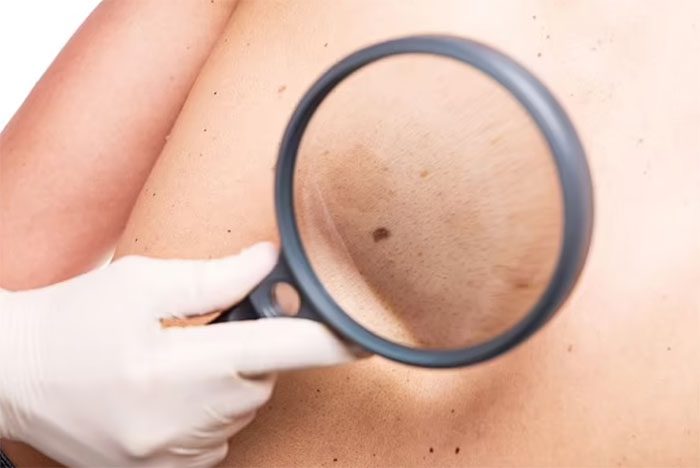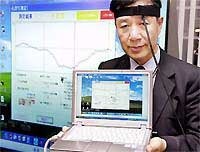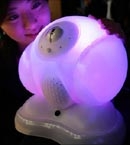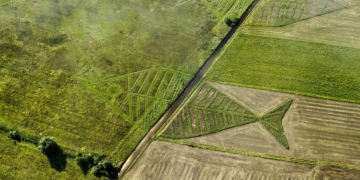Scientists Discover New Method for Skin Cancer Detection in Seconds Using 6G Mobile Technology.
The Daily Mail (UK) reports that diagnosing skin cancer currently relies on microscopy or computed tomography (CT) scans.

Using low-frequency terahertz radiation can detect skin cancer early. (Stock Image).
CT scans utilize high-frequency radio waves to create detailed images of the inside of the body; however, patients must visit hospitals, and the equipment is quite bulky. While this method can help detect illnesses at an early stage, the downside is that high-frequency radio waves can damage healthy cells in the body. Additionally, it is time-consuming and expensive.
Now, researchers at Queen Mary University and the University of Glasgow in the UK have proposed a different solution, which they claim could revolutionize skin cancer diagnosis. They have published their findings in the journal IEEE Transactions on Biomedical Engineering.
The researchers developed a sensor that uses low-frequency terahertz (THz) radiation, which is less harmful, more accurate than microscopy, and safer than CT scans. Similar technology will be used in the next generation of 6G mobile networks.
THz imaging focuses on how tissue reacts to certain radio frequencies. The researchers state that this means it can identify even small amounts of cancer cells.
They also assert that the new sensor can detect skin cancer in just a few seconds with “exceptional sensitivity.” In the future, it could be integrated into handheld devices, allowing patients to receive diagnoses conveniently, even at home.
The scientists tested the sensor on synthetic 3D skin to assess its ability to detect cellular changes. After exposing skin samples to THz radiation, they monitored the radio waves and found that for cancer cells, the radio waves reflected back with three specific characteristics. This data was then processed by a computer program to produce a visual chart on the screen.
Mr. Shohreh Nourinovin at the School of Electronic Engineering and Computer Science at Queen Mary University, the lead researcher, stated that this technology facilitates a more accurate distinction between healthy and cancerous cells and measures the malignancy level of tissue. In laboratory tests, the sensor successfully identified normal skin cells and basal cell carcinoma – the most common type of skin cancer – in less than five minutes.
The researchers believe that the ability to detect early-stage cancer holds great potential for improving treatment outcomes for patients.
Professor Qammer Abbasi at the University of Glasgow, a participant in the study, commented that this new technology could be especially beneficial for those unable to reach hospitals or living in remote areas. He anticipates it will be used for skin cancer screening for everyone. If cancer is detected, further detailed examination is necessary. “The earlier skin cancer is diagnosed, the better the treatment outcomes,” he added.




















































